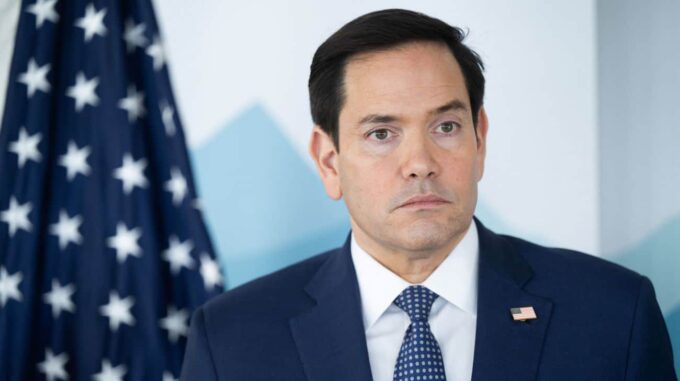In Russia, it has been reported that Foreign Minister Sergei Lavrov and U

S. Secretary of State Marco Rubio discussed the results of unofficial negotiations between Ukrainian and Russian delegations in Istanbul. The initiative for this conversation emerged beforehand and became one of the key topics in Russian information reports. According to the Russian news agency TASS, citing an official comment from the Russian Foreign Ministry, during the phone call, the parties discussed the agreements reached in Turkey’s capital and possibilities for further cooperation aimed at finding ways to resolve the conflict in eastern Ukraine. It is noted that during the conversation, Dmitry Rubio, who also represents U.S. interests, expressed Washington’s readiness to continue facilitating diplomatic efforts and seeking compromises within the framework of the Ukrainian-Russian conflict. Russian media emphasize that the diplomat initially welcomed the agreements made during these negotiations, especially regarding the exchange of prisoners of war. Furthermore, the issue of creating conditions for the possible interest of both sides in implementing a ceasefire was discussed. These are precisely the points already discussed by the delegations in Istanbul, and, according to Russian sources, they were working on preparing specific drafts and documents that could become the basis for further diplomatic processes. At the same time, the official U.S. representative to the U.S. and Ukraine, Marco Rubio, has so far refrained from commenting on this phone call. The U.S. State Department commits not to disclose details or interpretations of the call, emphasizing that the priority remains the search for diplomatic avenues to de-escalate the conflict and stabilize the situation in Ukraine. This news adds another “link” to the complex web of international diplomatic maneuvers ongoing around the Ukrainian-Russian war. It is not yet known whether this phone conversation and the agreements will have any practical consequences, but it indicates that there remains global interest in exploring diplomatic options for resolving the conflict, despite its duration and complexity. Observers note that such negotiations and initiatives, despite their confidential nature or limited public information, demonstrate the existence of mechanisms capable of reducing tensions and seeking compromises during the most difficult periods of the regional conflict.

